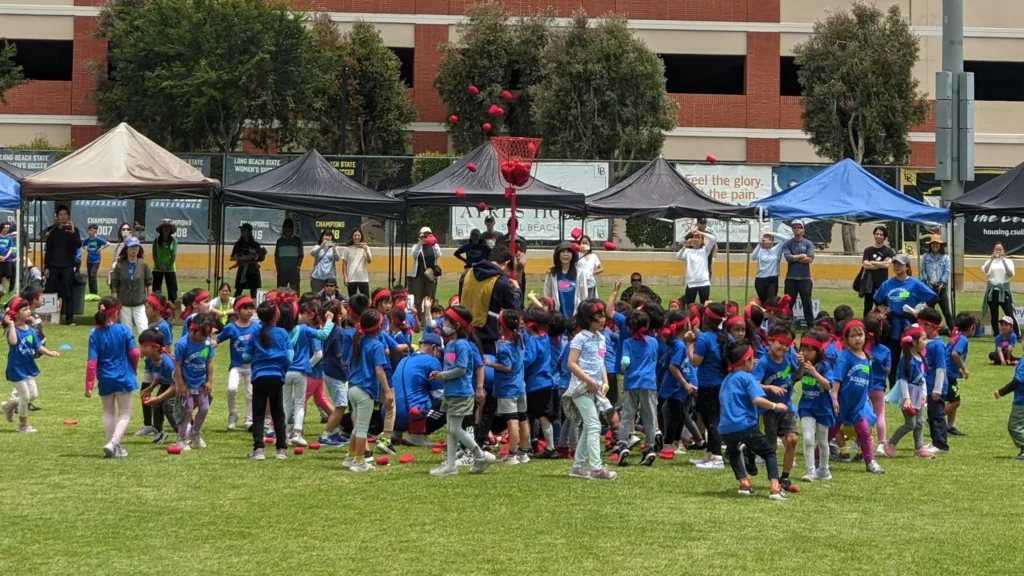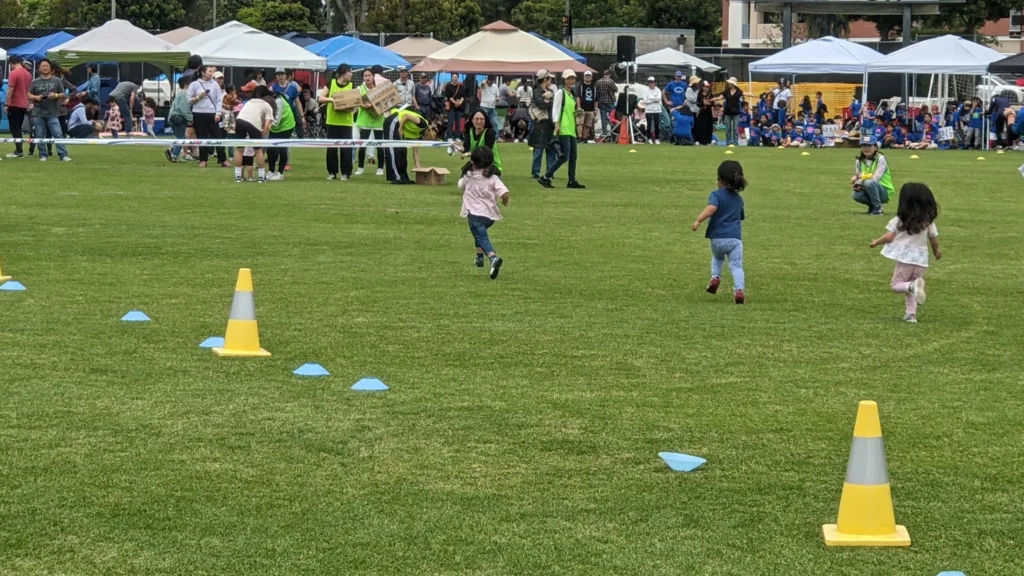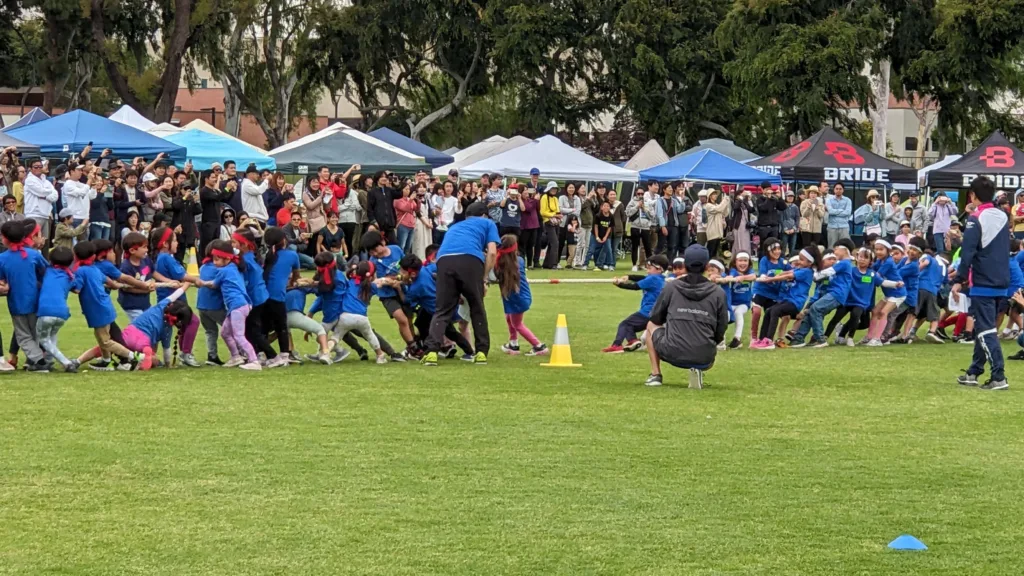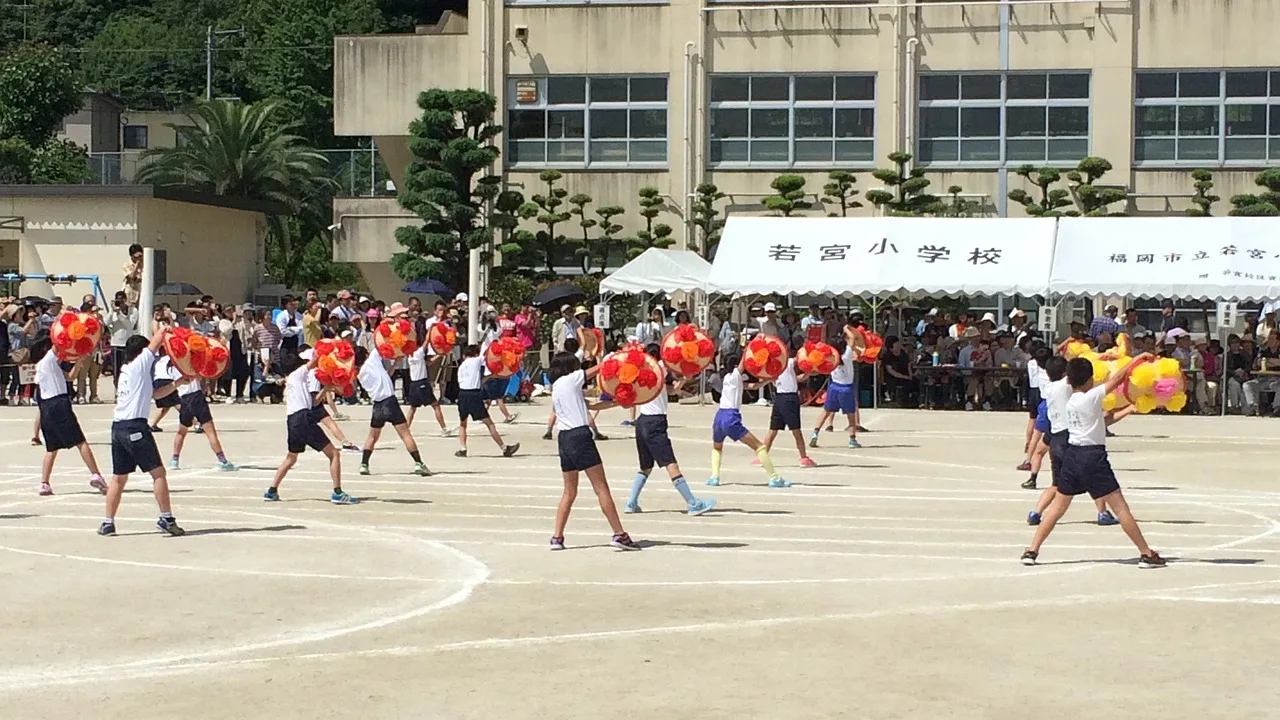Greetings, fellow Japan enthusiasts! Today, we embark on an exciting journey to uncover the tradition of Undokai—a unique sports day event deeply ingrained in Japanese society. From its historical roots to its cultural significance and the thrilling games that define it, let’s unravel the vibrant spirit of Undokai! What is Undokai? Undo (meaning “exercise”) and Kai (meaning “to gather”) represents a Sports Day festival in Japan.
The Origins of Undokai
Undokai finds its origins in the late 19th century, inspired by the Olympic Games and the growing focus on physical education in Japanese schools. Originally conceived as an annual athletic meet, Undokai aimed to promote physical fitness and foster a sense of unity among participants.
The Cultural Significance of Undokai
Undokai holds great cultural significance in Japan, serving as a platform for instilling values and promoting communal harmony. Through Undokai:
- Teamwork, collaboration, and healthy competition are encouraged, emphasizing social skills, sportsmanship, and cooperation.
- Community bonds are strengthened as students, teachers, parents, and the wider community come together to participate and support the event, fostering a sense of unity and shared experiences.
- Physical fitness and an active lifestyle are emphasized, instilling discipline, perseverance, and a positive attitude towards exercise.
A Closer Look at Undokai – A Day of Fun and Games
Undokai typically takes place in schools, parks, or open spaces during the spring or autumn seasons. The event exudes a festive atmosphere, featuring vibrant decorations, lively music, and enthusiastic cheering crowds. It commences with a spirited opening ceremony, marked by speeches, a ceremonial torch lighting, and the raising of the school flag.
Games and Activities: Undokai offers a diverse array of games and activities that cater to participants of all ages and abilities. Let’s explore some of the highlights:
- Traditional Races: Undokai features various classic races, such as the three-legged race, where participants are paired up and must coordinate their movements, and relay races, testing speed and teamwork. Sack races, where participants hop inside sacks, showcase agility and balance.
- Tug-of-War: Symbolizing teamwork and unity, this game pits two teams against each other as they compete to overpower their opponents by pulling on opposite ends of a rope.
- Kibasen (Horseback Riding Game): Participants wear cloths on their backs, imitating horseback riders. The objective is to remove the cloths of others while avoiding being caught themselves—a thrilling game requiring strategy and quick reflexes.
- Balloon Stomping: Participants tie balloons to their ankles and attempt to stomp on others’ balloons while protecting their own. It’s a test of speed, agility, and aiming skills.
- Human Pyramid: Teams collaborate to form a human pyramid, with participants standing on each other’s shoulders. This game showcases strength, balance, and coordination.
- Tamaire (Beanbag Toss): Participants aim to throw small beanbags into a target, requiring accuracy, precision, and hand-eye coordination.
- Obstacle Course: An exciting challenge involving navigating through hurdles, tunnels, and balance beams, testing agility, speed, and problem-solving skills.
- Creative Team Games: Undokai often includes games that encourage creativity and teamwork, such as building human bridges or designing and racing cardboard box cars. These games promote innovation, collaboration, and imaginative thinking.



Preserving a Cherished Tradition
Undokai holds a special place in the hearts of the Japanese people, creating lasting connections and cherished memories. The event has been passed down through generations, bridging the gap between childhood experiences and adulthood. Undokai continues to evolve, with schools introducing creative adaptations and variations to keep the event engaging and exciting for participants.
Beyond schools, Undokai has expanded to encompass companies, organizations, and local communities, providing people of all ages with an opportunity to experience the joy and camaraderie associated with Undokai. This expansion ensures that the vibrant energy of Undokai reaches a broader audience and continues to thrive.
Undokai offers more than just a day of fun and games. It brings forth several educational benefits, including the opportunity for students to set goals, work towards them, and experience the joy of success. Undokai also nurtures a sense of responsibility, punctuality, and dedication among participants. Moreover, Undokai serves as a platform for students to apply their knowledge of physics, mathematics, and teamwork in practical scenarios, making learning an interactive and memorable experience.
Furthermore, Undokai promotes cultural awareness by incorporating traditional elements of Japanese culture. Participants don traditional costumes, engage in folk dances, and showcase traditional arts such as taiko drum performances. This integration of cultural practices provides participants and spectators alike with a deeper understanding and appreciation of Japan’s rich cultural heritage.
Undokai goes beyond being a mere sports day; it instills important values such as resilience, sportsmanship, and community spirit. Participants learn the value of hard work, discipline, and the ability to gracefully accept both victory and defeat. The lessons learned from Undokai extend beyond the event itself and can shape the character and mindset of individuals throughout their lives.
In conclusion, Undokai is a spirited and cherished tradition in Japan. From its historical roots to its cultural significance, Undokai stands as a testament to the importance of physical fitness, teamwork, and community engagement. Through its exhilarating games and activities, Undokai fosters a sense of unity, nurtures character development, and celebrates the vibrant cultural heritage of Japan. As we honor and embrace the spirit of Undokai, let us ensure that this cherished tradition continues to thrive and inspire future generations to come.

